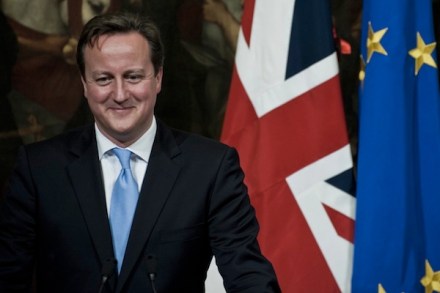Britain’s armed forces no longer have the resources for a major war
[audioplayer src=”http://rss.acast.com/viewfrom22/civilwarinthecatholicchurch/media.mp3″ title=”Con Coughlin and Tom Tugendhat debate the state of Britain’s armed forces” startat=1561] Listen [/audioplayer]This Sunday, David Cameron will lay a wreath at the Cenotaph to commemorate those who made the ultimate sacrifice during two ruinous world wars. People will say ‘Never Again’ and Cameron will agree. But then, thanks to the drastic cuts he has made to the strength of our armed forces, the Prime Minister need not worry himself unduly about Britain’s involvements in any future conflicts. He need not gnash his teeth too much about MPs’ reluctance to back military intervention in Syria because, as matters stand, Britain would be unable to fight a major




















